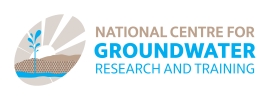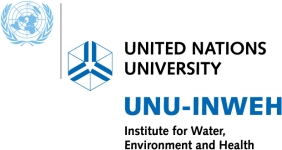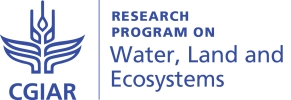
The Centre for Sustainable Solutions in Practical Hydrogeology (CSSPH) is a new think tank that was established recently. CSSPH is dedicated to the sound governance of land, water and ecosystems with the aim of supporting critical and practical action in the cross-section between hydrogeology and eco-hydrology. CSSPH is spearheaded by Mr. Shammy Puri, previously Secretary General of the International Association of Hydrogeologists (IAH), a partner in the Groundwater Solutions Initiative for Policy and Practice (GRIPP).
It is increasingly acknowledged that sustainable solutions at the interface between land, water, ecosystems and biodiversity require consideration of hydrogeology. Most ecosystems, whether terrestrial or aquatic, rely on water. Therefore, groundwater and aquifers are often of major importance to providing key ecosystem services. Simultaneously, evidence now shows that the world’s terrestrial resources are being stressed – in some regions, productive land is degraded; in others, ecosystems are under pressure with biodiversity decreasing at an unprecedented rate. Surface water and groundwater resources, which act as a blood stream for healthy landscapes, are poorly governed. Diminishing or altered water availability and quality is failing to provide the critical nourishment and natural cleansing of so many of our ecosystems. Much of this is now being better understood through the unpacking of the linkages between ecosystems and practical hydrogeology, as well as the biodiversity and socioeconomic impacts.
Evidence is gathering that accelerating ecosystem dysfunction has started to have an effect on livelihoods, ways of life, health and well-being. The World Economic Forum’s Global Risks Report 2021 has ranked ‘biodiversity loss’ and ‘human environmental change’ among the top five global risks by likelihood, on par with climate action failure and now also infectious diseases. In its Global Assessment Report in 2019, the Intergovernmental Science-Policy Platform on Biodiversity and Ecosystem Services (IPBES) highlighted that biodiversity is declining faster than at any time in human history.
A widely accepted conclusion is that urgent practical actions have to be adopted by local communities, as well as at national and multinational scales.
Solutions formulated through the practical application of hydrogeology and eco-hydrogeology can help. All too often, the solutions are found in the interface between the subsurface processes and their expressions or linkages with aquatic and terrestrial
ecosystems. The practitioners associated with CSSPH will devise, develop and apply these solutions. An illustrative example is the recent analysis, diagnosis and development of potential solutions for Balochistan, Pakistan, that links land, water, livelihoods and the economy. The expected outcome of this is the implementation of a large European Union program that will lead to a new ‘low water use’ economy for the province.
CSSPH is collaborating closely with GRIPP and took part in the virtual coordinating GRIPP Core Group meeting held on the April 20, 2021. The background, institutional setup, and present activities of CSSPH were presented at this meeting.
Going forward, the practitioners working with CSSPH, together with its high-level advisors, will participate in joint applied as well as advocacy activities, in collaboration with GRIPP and partners, to contribute to the sustainability of land, water and ecosystems.
View the CSSPH ‘prospects’ presentation shared during the GRIPP Core Group meeting
Sign up for GRIPP news and updates
Sign up for the Call to Action on Global Groundwater Sustainability










































